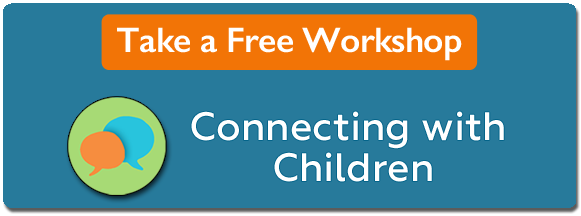
Around age 12 with the onset of puberty, the human being undergoes physical and psychological metamorphoses. The child changes into an adolescent, and life will never be the same, for parent or child.
The young adolescent needs opportunities to step outside his or her familiar community of home, church and school, while still using these networks as the foundation for the developmental tasks of the next six years. The young teen needs the chance to have the following experiences:
- Strengthen personal identity
- Develop the intellect
- Articulate self-expression
- Build community
- Serve others
- Learn the ways of society
- Learn the ways of the natural world
The adolescent between the ages of twelve to fifteen years is concerned with taking the critical first strides into adulthood. Unfortunately, for our teenagers adolescence is not treated as a stepping stone to adulthood but as another step in childhood. If 30 is the new 20, then 15 is the new 8.
Psychologist Robert Epstein in his book, The Case Against Adolescence, tells us that teens, contrary to popular opinion, are competent as adults in most intellectual activities. Problems with teens arise due to the restrictions placed on them in our society.
Our culture tends to extend childhood with our school and labor laws, isolating teens from adults and the one-on-one mentoring relationships that are fundamentally necessary at this age. Epstein makes the point that after puberty, education needs to be combined with outside employment in meaningful and imaginative ways. The factory school system no longer meets the needs of our young teens.
Isolating the competent teen from adult mentorship and purposeful work creates a situation that makes many young people angry or depressed.
At a time in their lives when adolescents need to enter a world of new opportunities and responsibilities, our laws regarding schooling and jobs divorce teens from the adult world.
Epstein with fellow psychologist Diana Dumas administered tests to examine 14 areas of competency in both adults and teens. They found that teens were as competent or nearly as competent as adults in these 14 areas, which included leadership, handling of responsibility, and interpersonal skills. The tests also showed that adults significantly underestimate the abilities of teens.
Our adolescents’ most critical need, Epstein states, is to have more options to the rights, privileges and responsibilities that adults have, e.g. the rights to work, marry, own property, sign contracts, start businesses, make decisions about health care and live on their own.
Teen misbehaviors are culturally driven and are created by the true needs of the teens not being acknowledged and nurtured. Behaviors–such as being disrespectful, having self-indulgent personal spending ($200 billion per year is spent by our 13- to 17-year-olds on makeup, music, clothes, etc.), using drugs and pursuing risky sexual activity–stem from not having the right to enter the adult world when teens are emotionally and psychologically competent to do so.
In our culture, we need to begin a conversation of how we can meet the needs of our adolescents. We need to figure out how we can help our teenagers join the adult world. We need to let teens prove themselves responsible enough to earn the freedoms they need to become fully functioning adults.
What we are currently doing is not working. We are allowing our capable adolescents to be treated as eternal children. Therein lies the problem.


So how can we let the teens prove themselves responsible ?
One simple answer: Erdkinder
What are the abilities that are still in development, since they are not yet a full adult according to Montessori?
The keyword to answer this is actually in the question: “prove”. If the groundwork laid in the 1st two plains of development has been done…the teenager won’t need to “prove” trustworthiness; you’ll know that person well enough to trust without question. Children begin their own transformations to adulthood at the peak of the second plain ( 6-9) and will continue to refine their “moral” intellect from about 9-12. Our work as parents and educators is to guide the developing child through all aspects of the culture in which we live. We should not expect the most responsible, meaningful and confident teen to swim the waters of puberty to adulthood by just dropping them off the pier and say “swim”. They, as did we, will need lessons and practice, practice, practice. Enjoy your teen, I know I did…all 4 of them.
Interesting article!